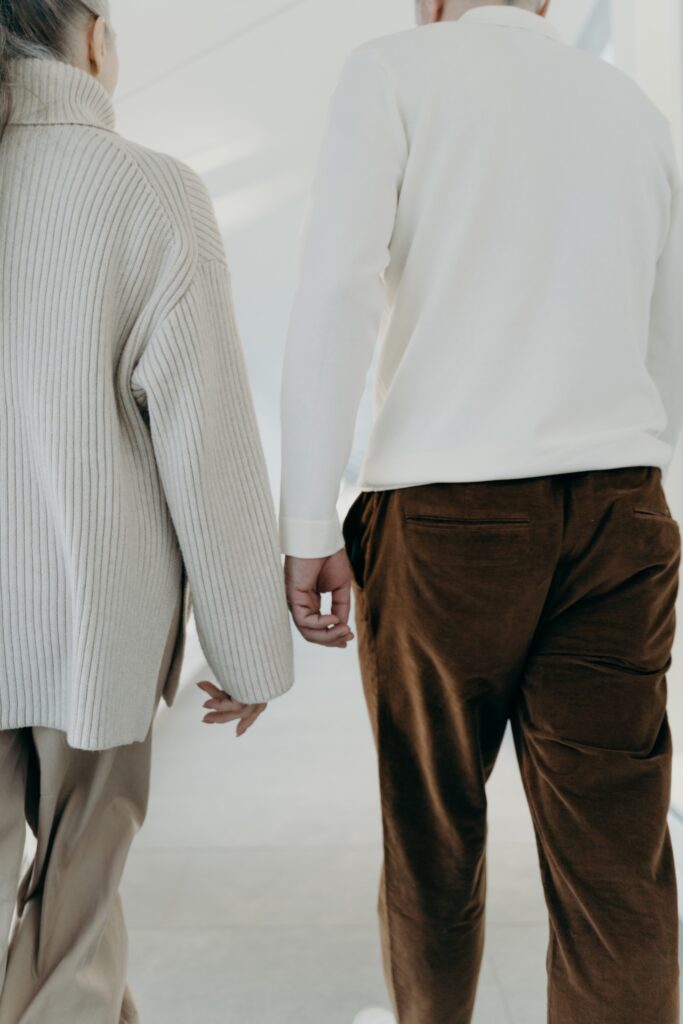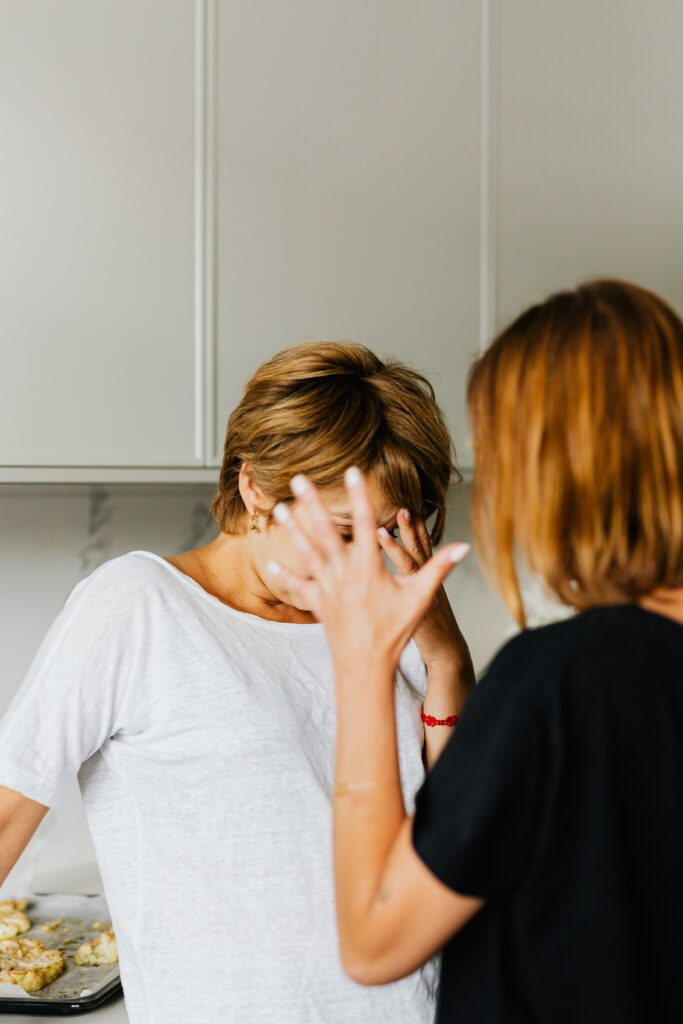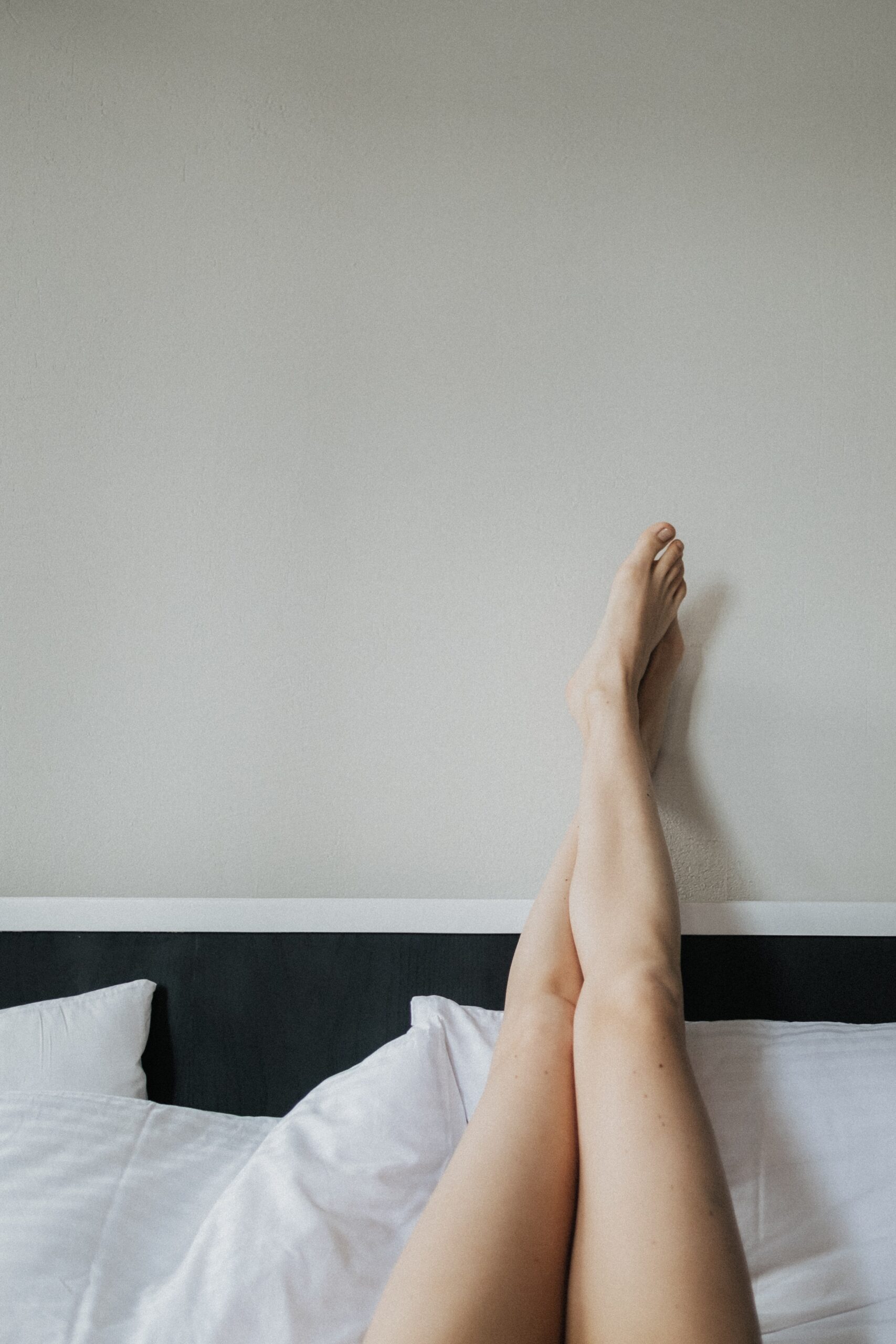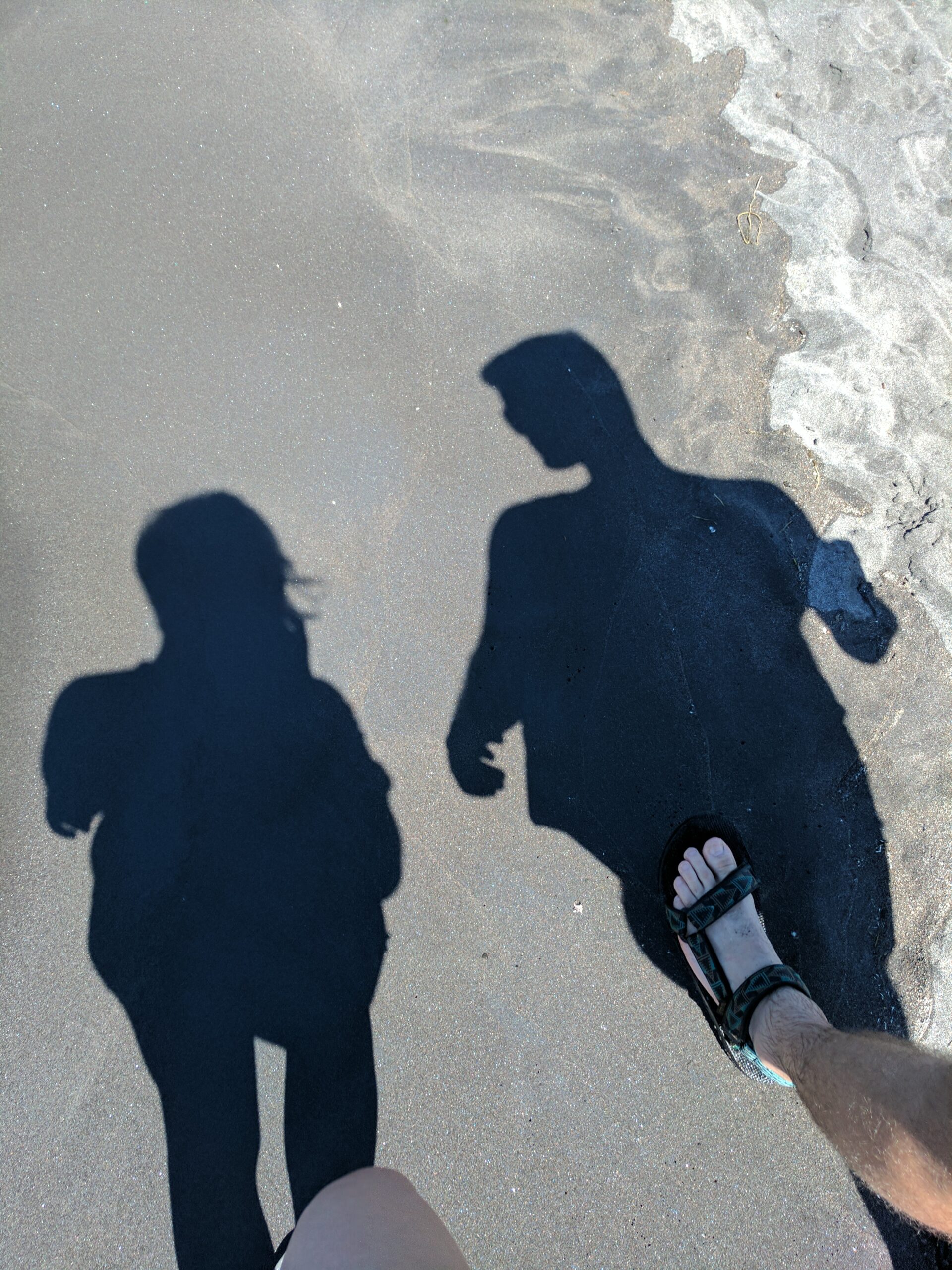Having recently talked about desire, let’s turn our attention to arousal.
If you haven’t taken a look at the original post outlining the differences between arousal and desire, be sure to go back and check it out.
So maybe you like having sex (or maybe you used to like having sex) but now it seems that most of the time your body does get with the program.
You might have trouble maintaining an erection or you don’t feel lubricated enough to make penetration pleasurable, and it’s starting to kill your desire for sex.
Before you throw in the towel, it could be helpful to check out some contributing factors to a lack of arousal and some things you can do about it:
Consider an organic cause first
If your body has trouble getting physically ready for sex there are a few organic causes you need to check for first.
Hormonal imbalances, nerve damage, low blood pressure, disease or illness; all of these things can interfere with your ability to get and maintain an erection, lubricate the vaginal walls and get your heart rate going in preparation for physical activity.
if you’re concerned that your body isn’t going through the physiological process of arousal, and you’re not sure why, it’s important to see your doctor and get some things checked out. If something is going on, treatments can include hormone therapy, physical therapy and medications, among other things.

There’s also a reason I put this one first; if you don’t get checked out before pursuing other options, like sex therapy, you could be headed further and further away from the solution to the problem.
So if you think this is the reason, talk to your doctor and/or find a qualified medical professional to help you determine if there is something going on physically.
Maybe arousal is stunted because of what you’re putting in your body
This is going to be another one that is best addressed with a medical professional, but it’s worth considering that what you’re putting in your body is having an impact on your ability to be physiologically aroused.
Substances like alcohol, marijuana and even prescription medications have varying side effects that can absolutely wreak havoc on your body.
As an example, the use of alcohol and/or antidepressants* can result in inadequate vaginal lubrication and an inability to maintain an erection. Other substances can do this too when used daily or to excess.
If you’re suffering from inadequate arousal during sex, it could be worth looking at your habits.
Excessive alcohol or marijuana use? Consider cutting back on your vices.
Prescription medications? Perhaps changes can be made to your regimen to address the issue.
Talking to your doctor about the drugs you’re taking and the substances you’re using is going to be your best bet going forward.
Stress? Anxiety? Fear? Oh my…
I know I said that stress interferes with desire, but it also interferes with your body’s physical responses too.
If you’re afraid of getting an infection, getting pregnant, you have a looming deadline at work, you and your partner have been fighting, whatever, your body is going to be expending precious time and energy on these problems over getting you physically ready for sex.
Some would describe it as an evolutionary mechanism we developed to keep us alive.

Think about it, our ancestors had to prioritize running away from that lion over having sex (in order to keep having more sex…).
We may not have to worry about lions anymore, but chronic stress and anxiety produce the same physical reactions in people. Your adrenaline and cortisol levels go up when you start fighting with your partner or realize that your big project is due at 8am tomorrow morning.
As mentioned in the previous post, if stress is impacting your physiological ability to become aroused you should consider:
- Exercising, even once a week for 30 minutes is better than nothing!
- Getting 7-8 hours of sleep
- Eating fruits, vegetables and other nutritious foods
- Staying hydrated
- Doing things that relax you, like meditating, getting a massage or spending time with friends
These things will help balance out your hormones and make it easier to put fears aside when you want to make time for sex.
While addressing these areas might be all you need to feel re-energized around sex, for some there are more complicated issues such as anorgasmia, erectile dysfunction with no physical cause and genito-pelvic pain disorder.
While these issues are scary and can feel hopeless to try and address, seeing a competent urologist or gynecologist and working with a qualified sex therapist or sexual health provider can be an amazing step in the right direction.
Be sure to check out previous posts on the subject: Arousal & Desire: Defining Our Terms and Addressing a Lack of Desire

Be sure to check out previous posts on the subject: Arousal & Desire: Defining Our Terms and Addressing a Lack of Desire
*Kennedy, S. & Rizvi, S. (2009) Sexual dysfunction, depression and the impact of antidepressants. Journal of Clinical Psychopharmacology, 29(2), 157-164.



